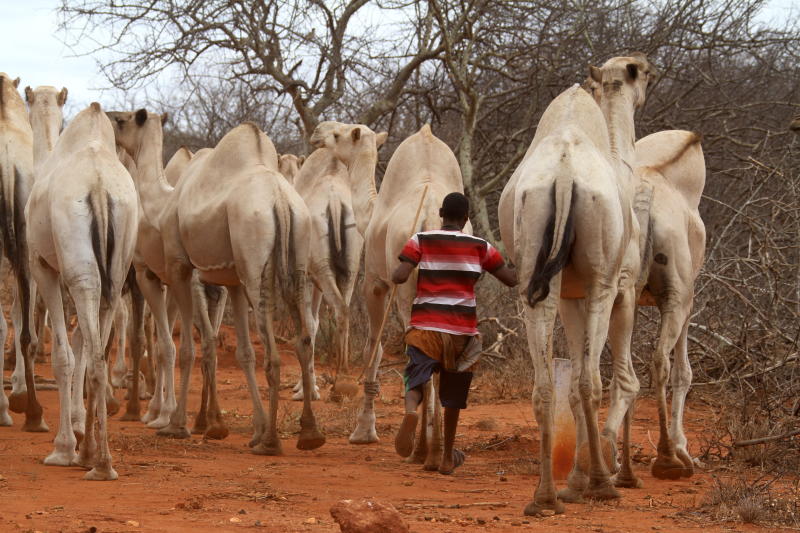×
The Standard e-Paper
Smart Minds Choose Us

The simmering tension as result of the conflict between Borana and Gabra communities is gradually mutating into a deadly affair.
The conflict is no longer the regular pastoralist fight over natural resources; water and pasture. Seasons no longer dictate the tenor of this conflict either — the conflict happens during the dry spells and as well as during the rainy seasons.